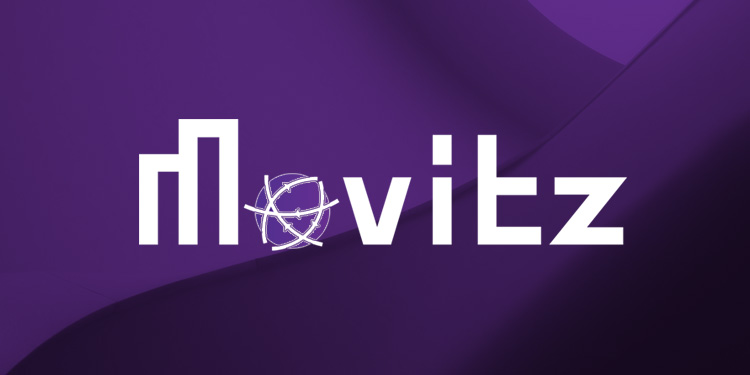Five years after Nigeria’s #EndSARS protests shook the nation and drew global attention to police brutality, a homegrown blockchain-based initiative is attempting to address one of the protest’s most enduring consequences—the lack of trustworthy, accessible legal evidence. Inspired by the events of October 20, 2020, when soldiers opened fire on peaceful demonstrators at Lekki Tollgate, Nigerian developer Daniel Tambee has turned his disillusionment into a technological solution: the Padi Protocol.
Tambee, who witnessed the aftermath of the protest—including the loss or dismissal of key evidence and the silencing of victims—was driven by a sense of injustice to explore blockchain’s capabilities beyond finance. He believed that immutable, decentralized technology could offer a verifiable alternative to conventional systems, especially in a country where trust in public institutions is limited.
At the core of his effort is Padi Protocol, a platform built on the Celo blockchain. The app allows users to document and store evidence of police misconduct securely and immutably. Designed specifically for Nigerian youths who face regular harassment, especially remote workers, the app also connects users with vetted lawyers through a token-based model, making legal services more affordable.
Each user creates a digital ID as a Non-Fungible Token (NFT), with personal data stored via the decentralized InterPlanetary File System (IPFS). This setup ensures that evidence remains accessible and unalterable, even in the face of technical or legal disruptions. Padi Protocol currently boasts a growing network of 500 lawyers being trained in blockchain fundamentals and platform operations. These legal professionals, dubbed “paddies” in reference to local slang for close allies, are available to assist users directly.
The choice of the Celo blockchain was strategic. Its mobile-first design and low data requirements are suited to Nigerian infrastructure, where data is expensive and smartphones are the primary means of internet access. Even during outages, the platform allows offline storage of evidence until connectivity is restored. Additionally, its decentralized frontend on IPFS protects it from centralized takedowns.
Tambee’s design takes privacy seriously. Rather than placing full documents on the public blockchain, only hashed references to the evidence are stored, balancing transparency with discretion. This method ensures that the content is both immutable and protected from unauthorized exposure.
Nigerian law has gradually made room for digital evidence. The 2011 Evidence Act and its 2023 amendment support the admissibility of electronic records, including those verified via cryptographic methods. Although blockchain is not explicitly named in legal statutes, its outputs qualify as verifiable digital records when integrity can be demonstrated.
Despite its innovation, Padi Protocol faces numerous obstacles. Experts in the field, such as Kassy Olisakwe, recognize blockchain’s potential to secure civic records but caution that inconsistent internet and unreliable electricity may limit adoption. Privacy concerns also persist since data on public blockchains is accessible to all participants, making the off-chain storage approach critical.
Furthermore, the sustainability of the platform is not guaranteed. Token-based legal models often lose user engagement once incentives wane. Padi Protocol is currently seeking pre-seed funding to scale its operations, train more lawyers, and broaden outreach. Tambee views this funding round as essential to meet development milestones and maintain momentum.
One of the most significant barriers may come from within the system itself. Although Nigeria’s 2020 Police Act encourages community involvement and digital innovation, real-world implementation is inconsistent. While a police official has voiced conditional openness to transparency-promoting technologies, broader institutional resistance is likely.
Skepticism among the public also lingers. Some potential users, scarred by crypto-related financial losses, remain cautious. Many express a willingness to embrace Padi Protocol only if it proves functional in legal confrontations with law enforcement.
Padi Protocol is not alone in its mission. Similar initiatives such as France’s HeHop and India’s Smashboard are leveraging blockchain to document human rights violations. However, Padi Protocol stands out for its localized approach, aiming to rebuild civic trust in a legal system where conventional protections have repeatedly failed.
If it can overcome hurdles of funding, adoption, and institutional inertia, the platform could become a transformative tool in Nigeria’s quest for accountability and justice.









